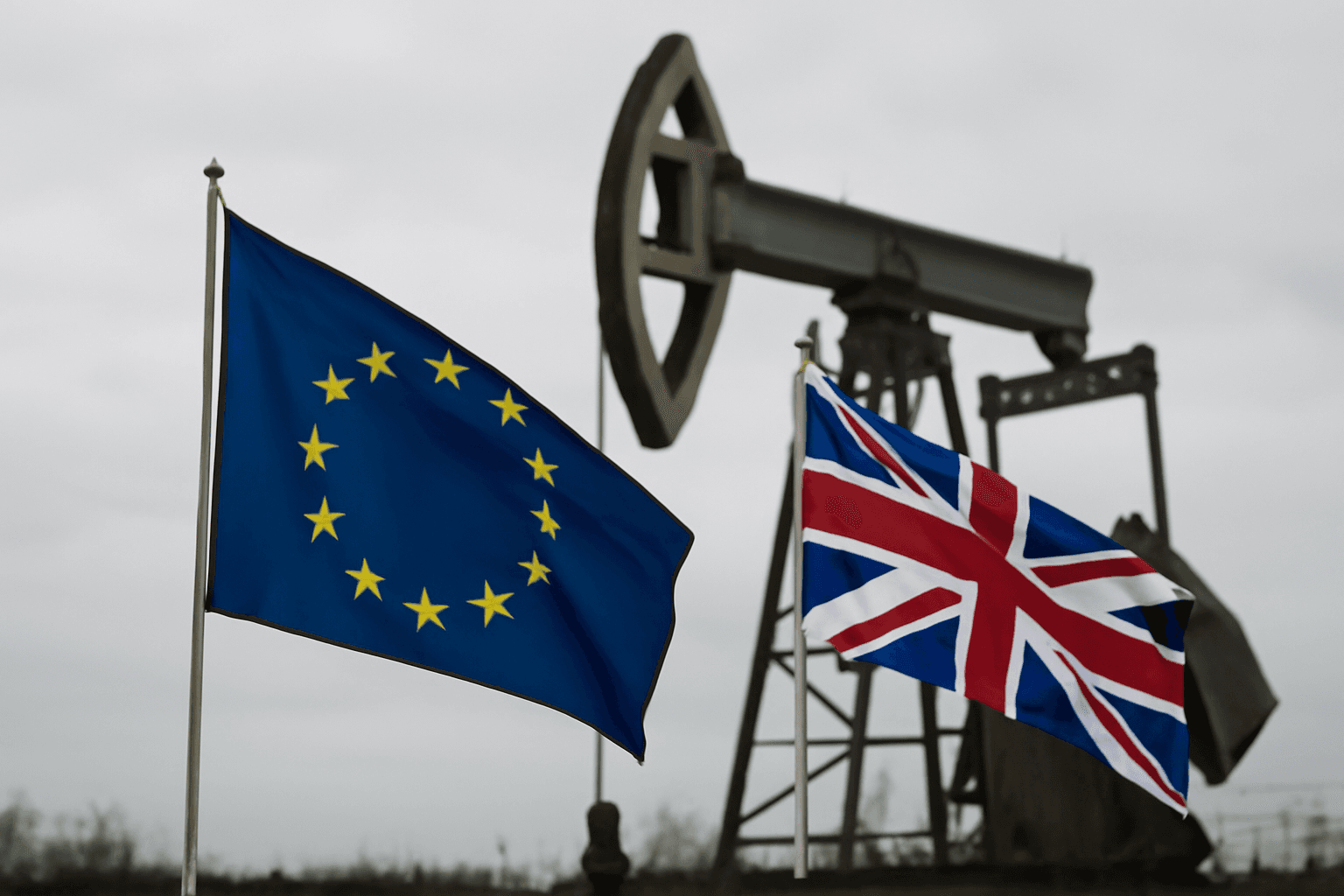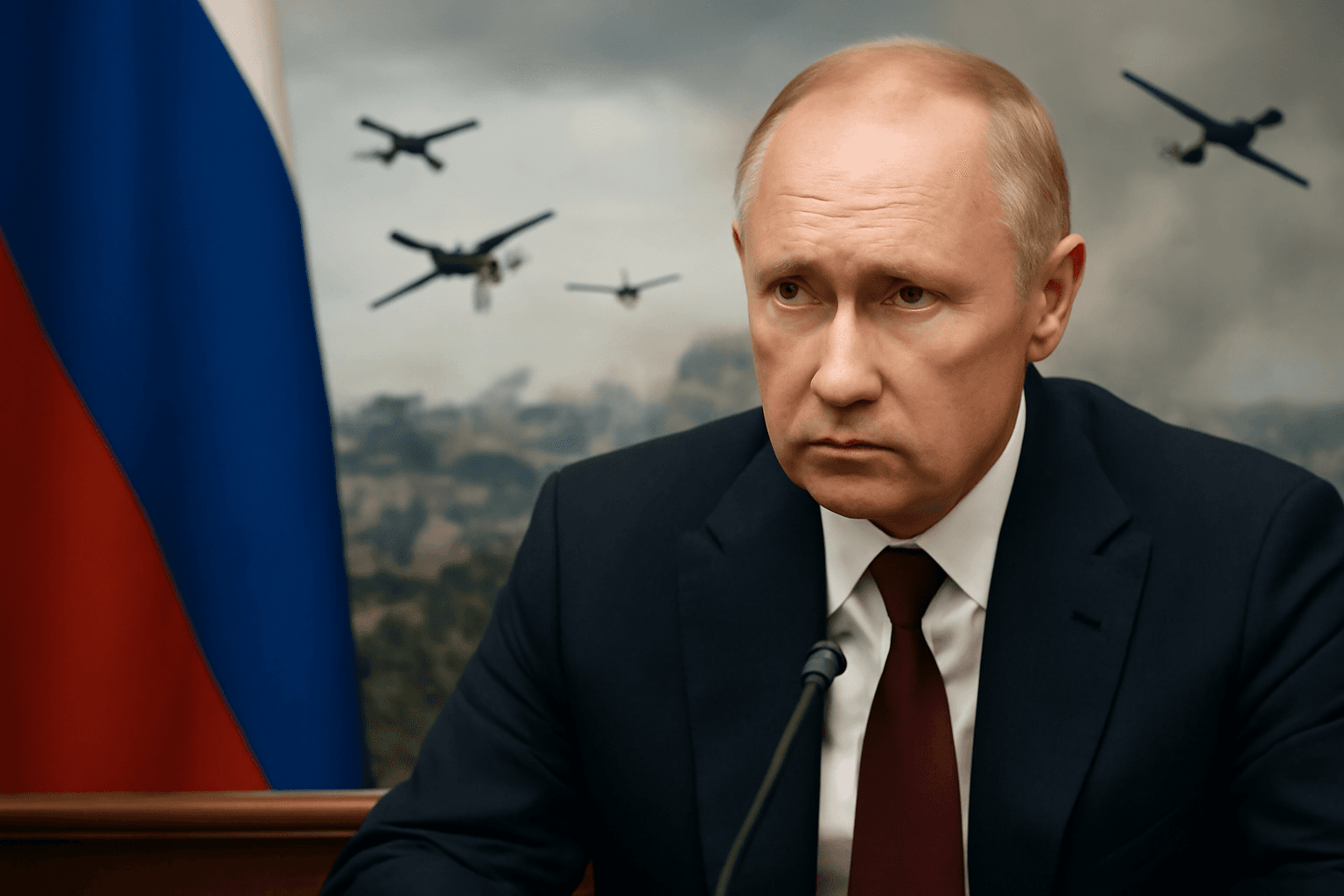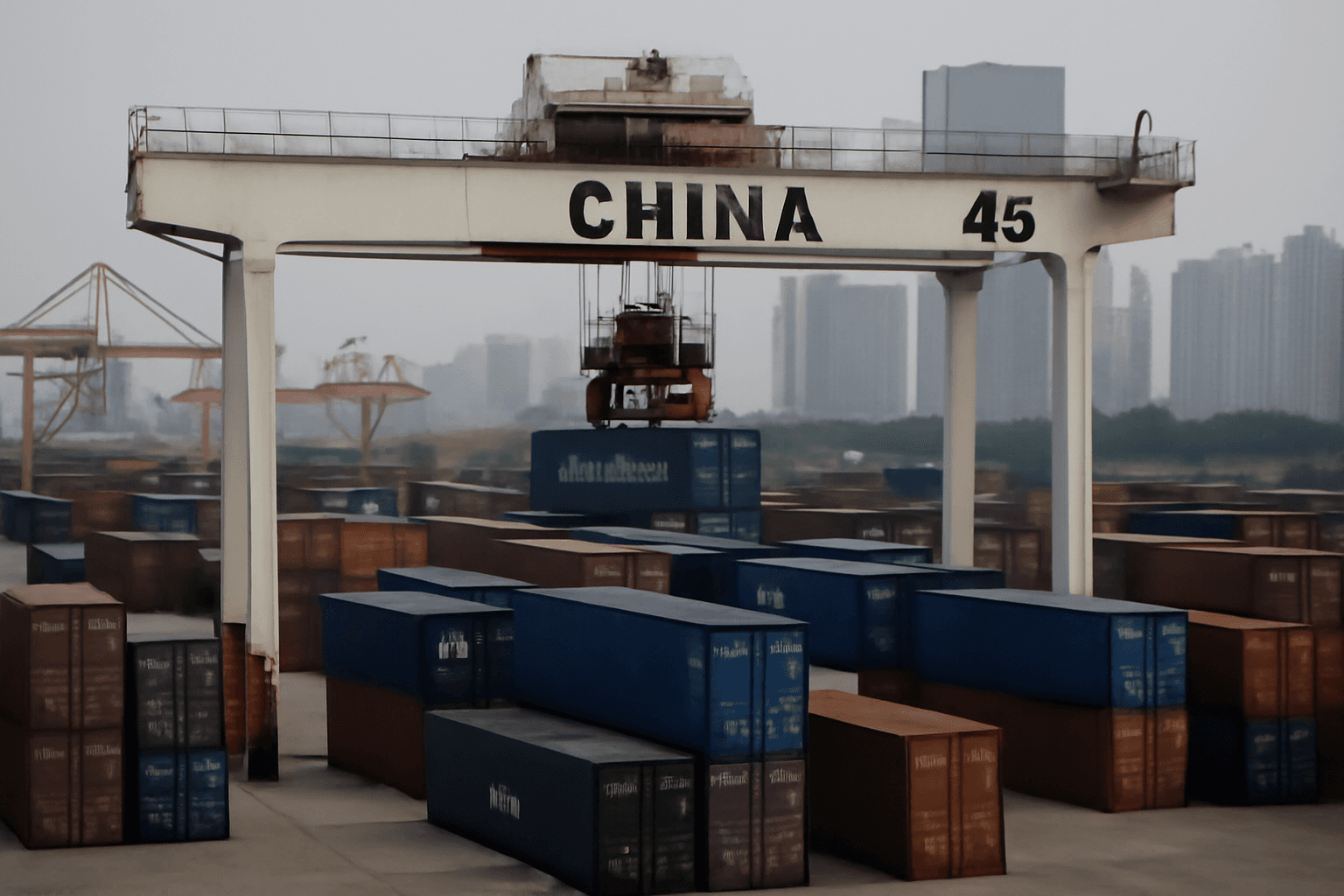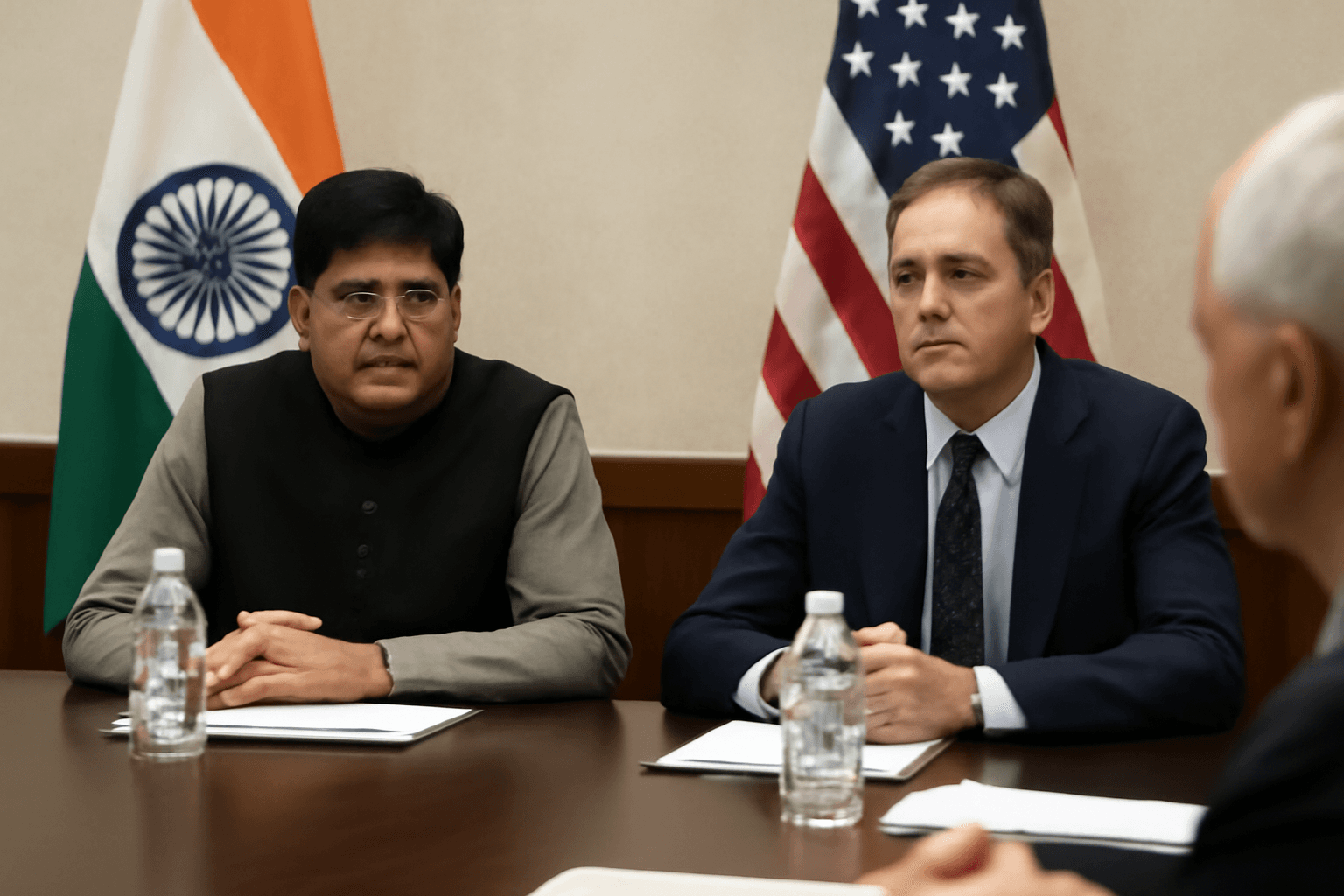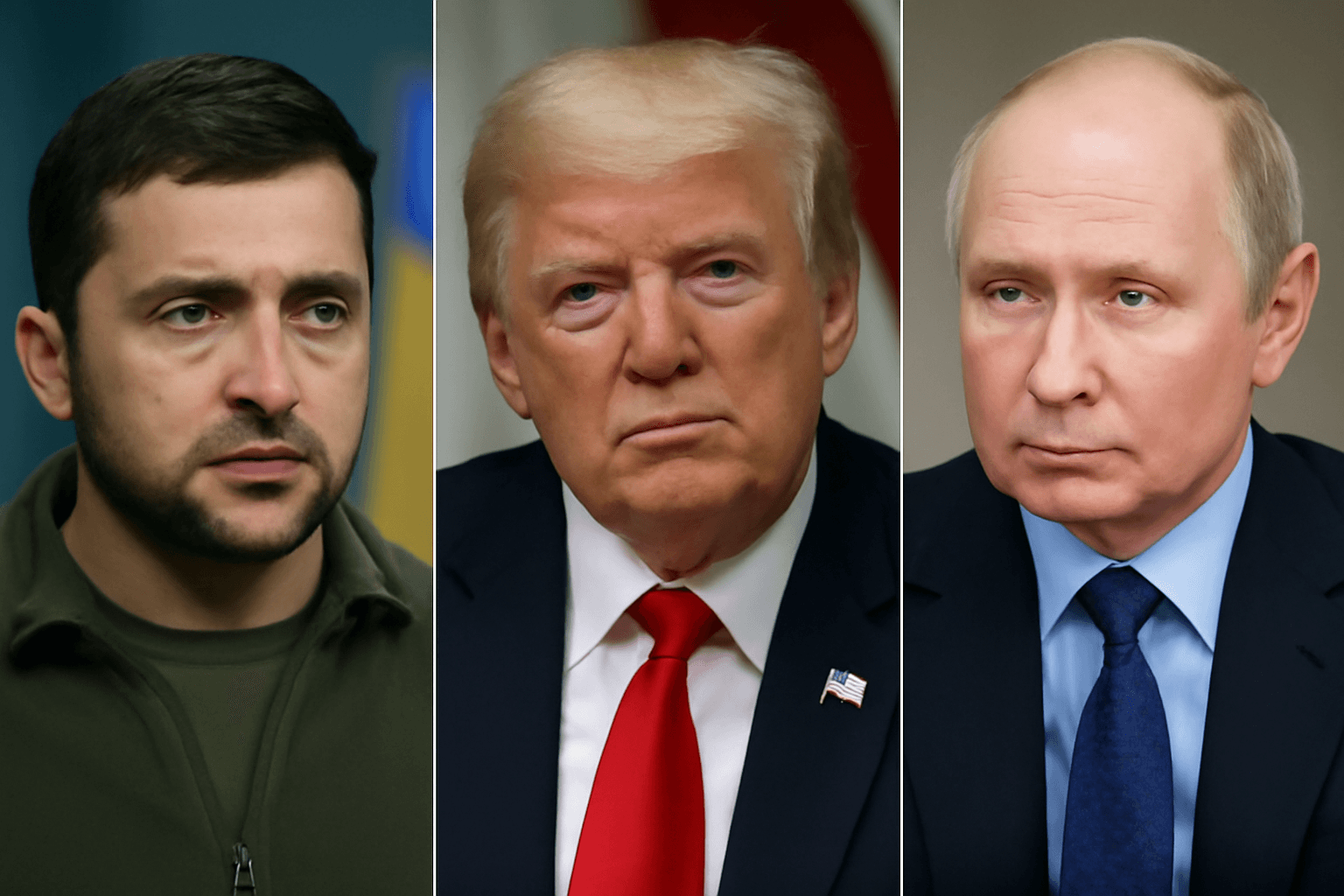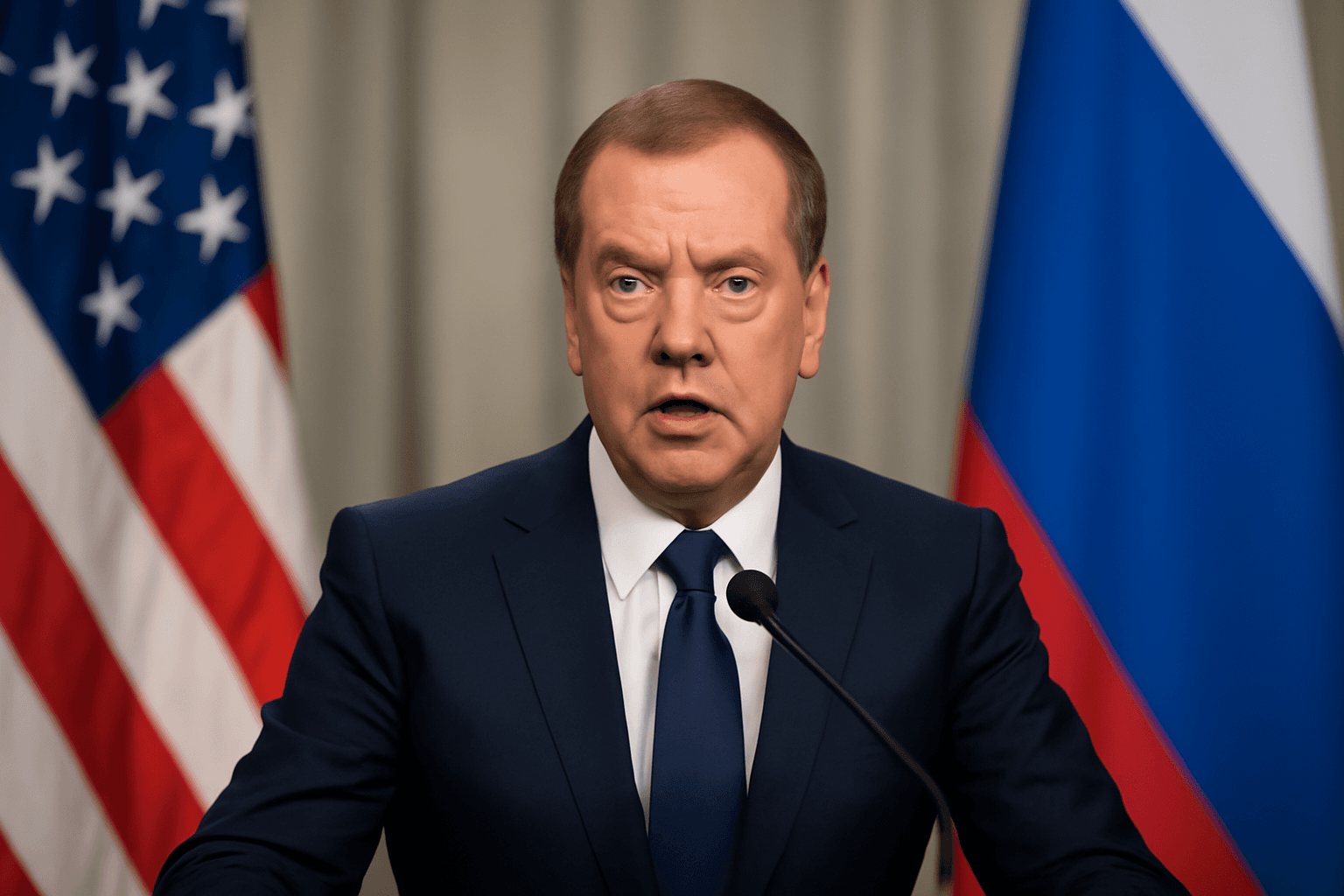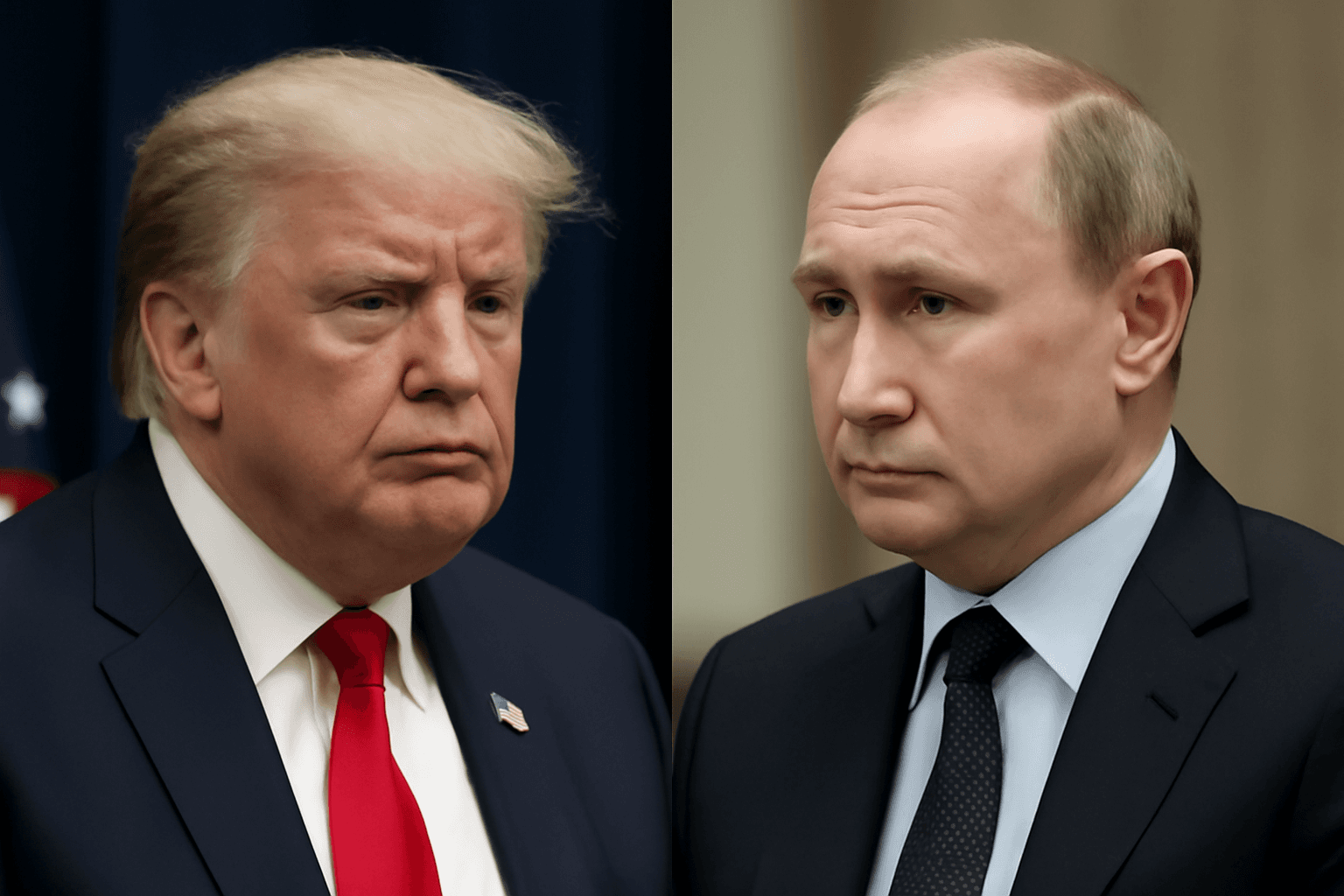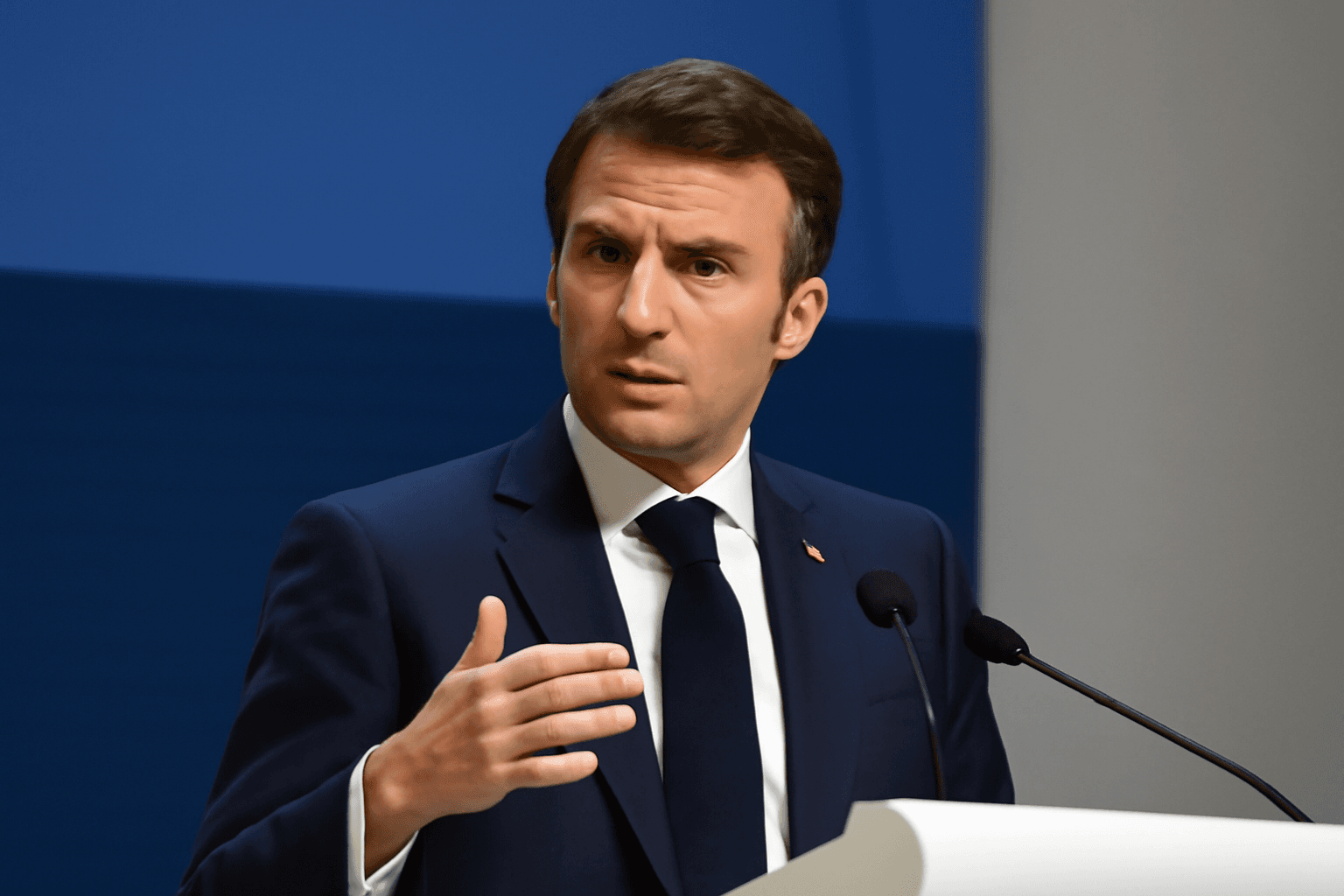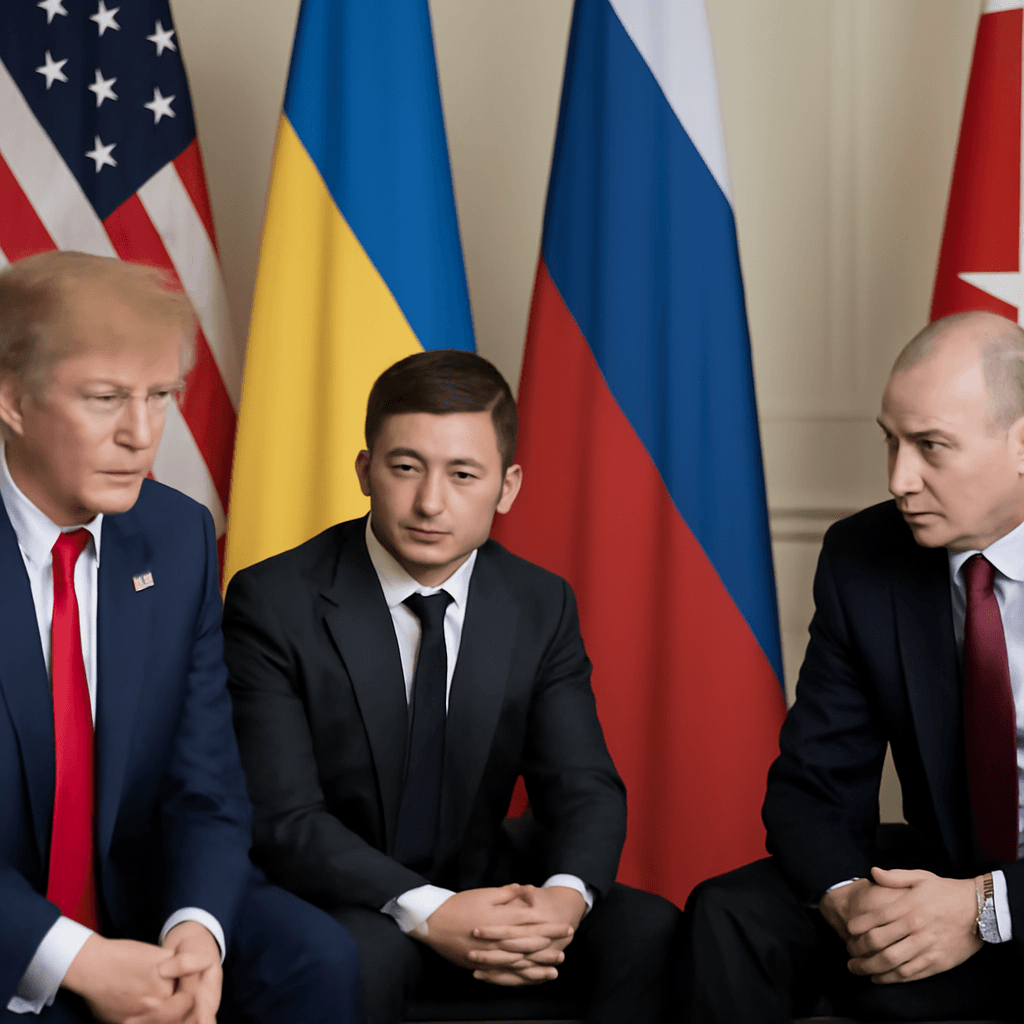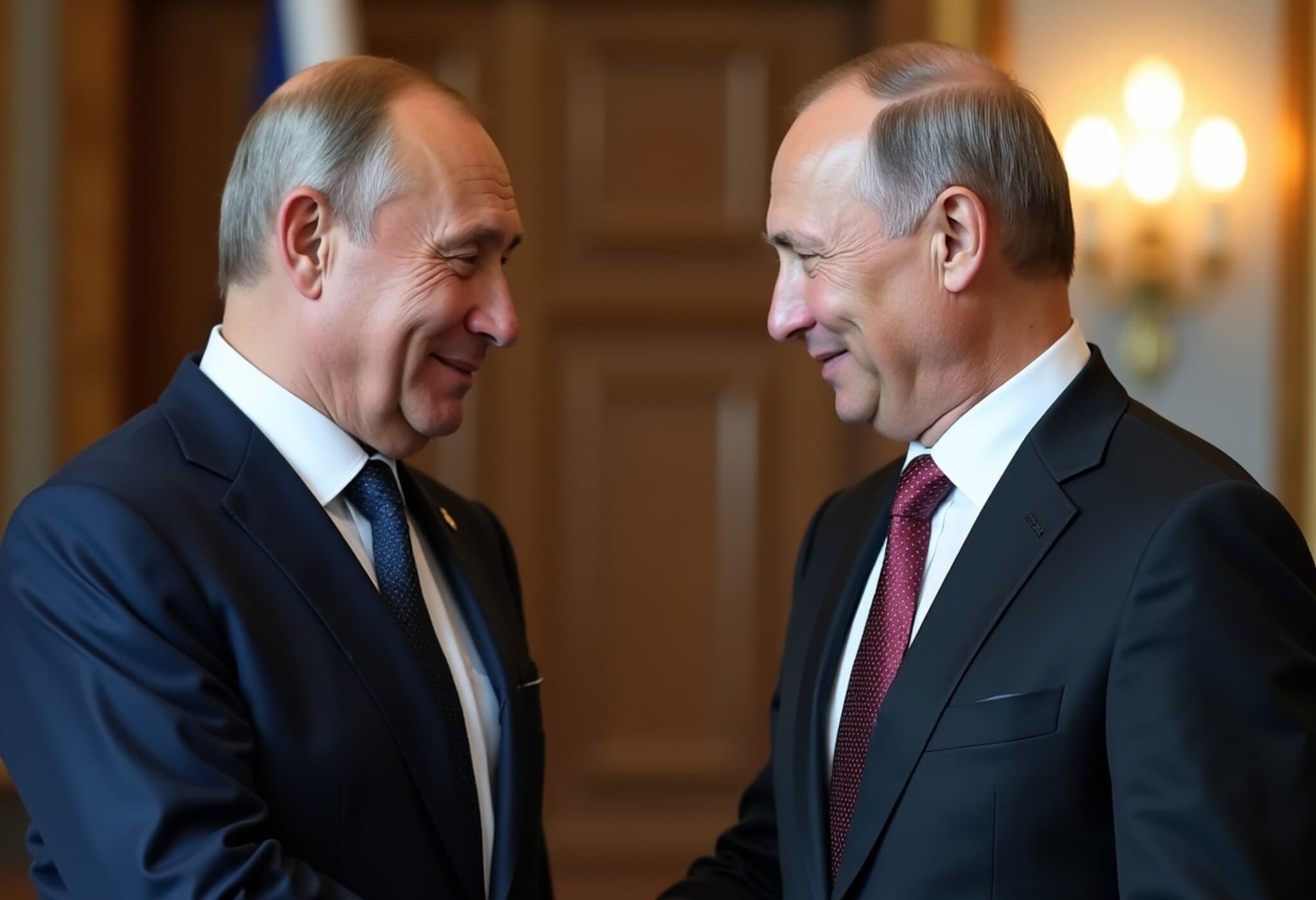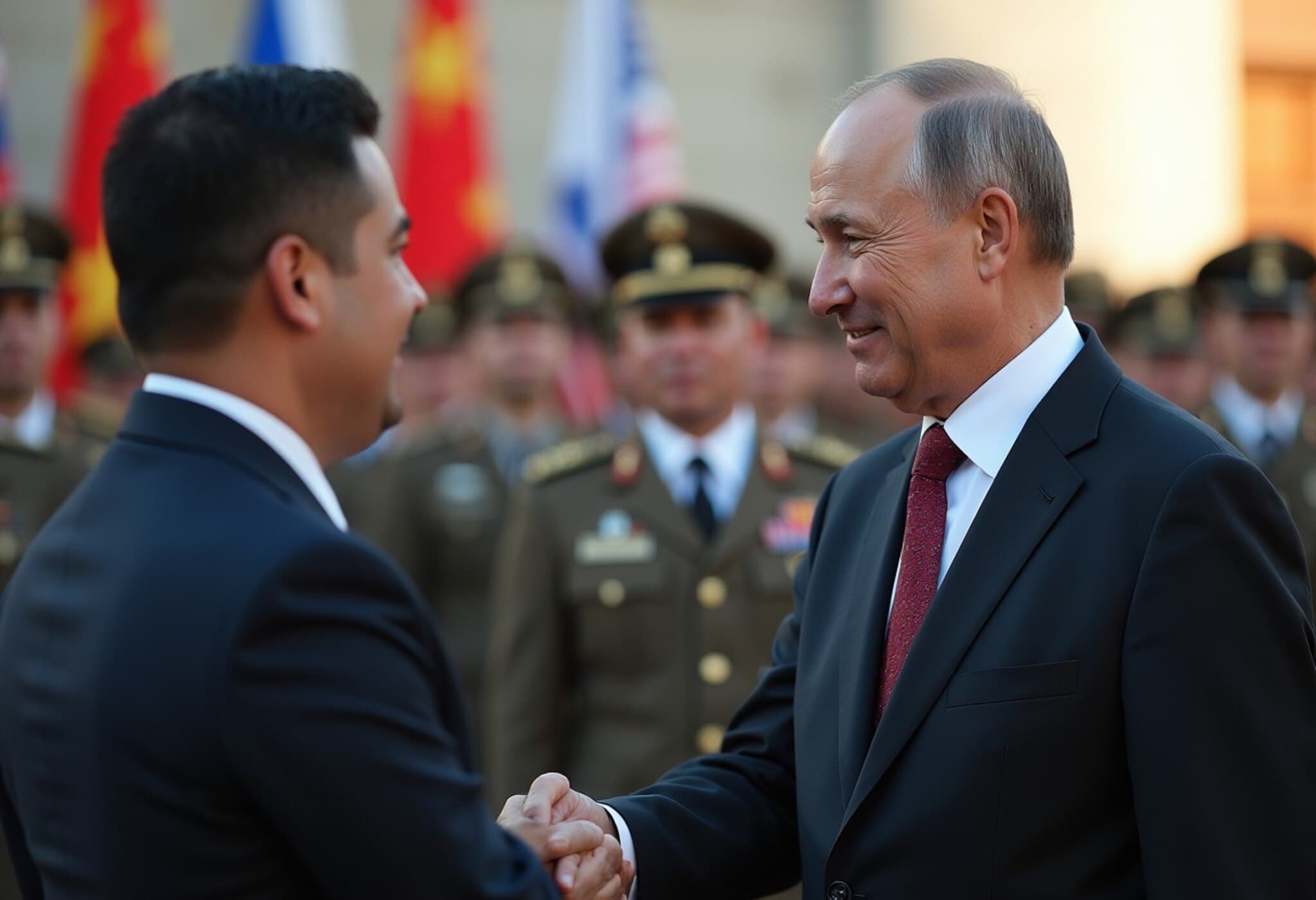The European Union and the United Kingdom are pressing to reduce the existing $60 per barrel price cap on Russian crude oil, aiming to further constrain Moscow's revenue amid ongoing global tensions. This price ceiling, established in December 2022, restricts shipping and insurance services from G7 and EU countries unless Russian oil is sold at or below this threshold.
As the EU formulates its 18th sanctions package against Russia following the recent release of the 17th, European Commission President Ursula von der Leyen confirmed efforts to persuade G7 partners to lower the oil price cap. While specific proposed new limits remain undisclosed, reports suggest a target near $50 per barrel.
Currently, Brent crude oil prices hover close to $65 per barrel, with Russian crude trading slightly below the cap, between $55 and $59 in recent months. The rationale behind reducing the cap is to diminish the financial gains Moscow secures from legitimate sales of seaborne crude.
US Reluctance Amid Falling Oil Prices
During the recent G7 finance ministers meeting in Canada, the United States expressed reservations about lowering the price cap, citing that the ongoing decline in oil prices is already adversely affecting Russia's economy. An anonymous European official described the US stance as cautious, reflecting concerns over potential repercussions on global energy markets.
Kyiv School of Economics sanctions expert Yuliia Pavytska criticized the US hesitation as frustrating but praised the EU and UK for their proactive measures. She emphasized that Russia's economic vulnerabilities are intensifying due to sanctions and falling oil prices, calling for intensified efforts to exploit this window.
Enforcement Challenges Undermine Effectiveness
Significant attention has been directed toward combating Russia's 'shadow fleet'—a collection of older tankers acquired to circumvent the price cap using opaque insurance arrangements. While over 700 tankers have been sanctioned, enforcement gaps persist.
Experts, including Vaibhav Raghunandan from the Centre for Research on Energy and Clean Air, highlight that inadequate compliance verification allows for widespread attestation fraud, where shipments falsely claim adherence to the cap. They stress that enforcement weaknesses are a critical issue beyond the cap level itself.
Both Raghunandan and Pavytska advocate shifting the responsibility for credible price data to Russian oil buyers instead of transporters, thereby strengthening accountability and compliance.
Opportunity to Weaken Russia's War Financing
Pavytska underscored that lowering the price cap aims to curtail Russia’s oil revenue, thereby impeding its capacity to fund the war in Ukraine. Given the downward trend in global oil prices, she argues that now is an opportune moment for the sanctions coalition to adopt more decisive actions, including potential export restrictions.
Such measures could significantly reduce Russia's energy income, pushing its economy toward a critical threshold and enhancing pressure for a resolution to the conflict.

